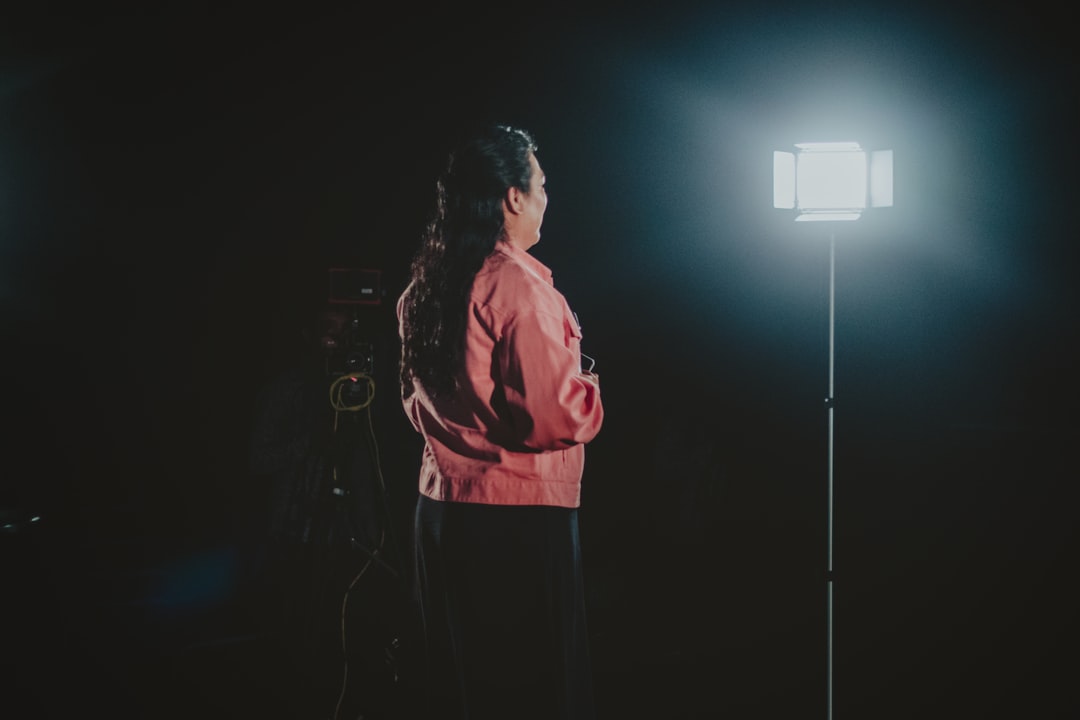What is it about?
This article summarizes and evaluates a year-long climate change curriculum focus in a 6th grade language arts and social studies classroom. It provides examples and recommendations for effective climate change education strategies beyond science education.
Featured Image

Photo by Mert Guller on Unsplash
Why is it important?
It is important to consider non-scientific modes of engagement with climate change as an instructional topic in K-12 education. In order to adapt and mitigate climate change as a society, social and behavioral solutions are required alongside techno-scientific innovations. Thus, this article is a timely contribution that advances the conversation around climate education with an eye towards action, solutions, and personal engagement.
Read the Original
This page is a summary of: Climate change education in the humanities classroom: a case study of the Lowell school curriculum pilot, Environmental Education Research, May 2019, Taylor & Francis,
DOI: 10.1080/13504622.2019.1607258.
You can read the full text:
Contributors
The following have contributed to this page










